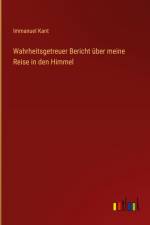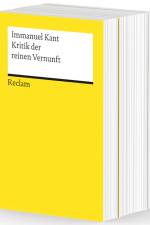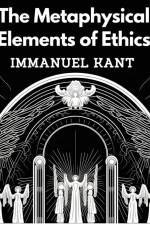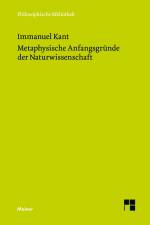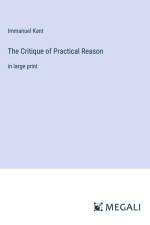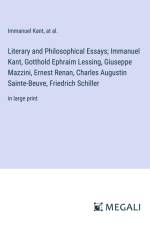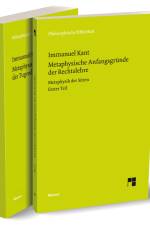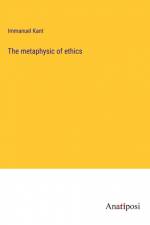von Immanuel Kant
9,99 €
Daß meine Danksagung, für das den 12. Dez. 1796 an mich bestellte Geschenk, Ihres lehrreichen und angenehmen Buchs »von der Kunst das menschliche Leben zu verlängern« selbst auf ein langes Leben berechnet gewesen sein dürfte, möchten Sie vielleicht aus dem Datum dieser meiner Antwort vom Januar dieses Jahres zu schließen Ursache haben; wenn das Altgewordensein nicht schon die öftere Vertagung (procrastinatio) wichtiger Beschlüsse bei sich führete, dergleichen doch wohl der des Todes ist, welcher sich immer zu früh für uns anmeldet, und den man warten zu lassen an Ausreden unerschöpflich ist.Sie verlangen von mir »ein Urteil über Ihr Bestreben das Physische im Menschen moralisch zu behandeln; den ganzen, auch physischen, Menschen als ein auf Moralität berechnetes Wesen darzustellen, und die moralische Kultur als unentbehrlich zur physischen Vollendung der überall nur in der Anlage vorhandenen Menschennatur zu zeigen«, und setzen hinzu: »wenigstens kann ich versichern, daß es keine vorgefaßte Meinungen waren, sondern ich durch die Arbeit und Untersuchung selbst unwiderstehlich in diese Behandlungsart hineingezogen wurde«. ¿ Eine solche Ansicht der Sache verrät den Philosophen, nicht den bloßen Vernunftkünstler; einen Mann, der nicht allein, gleich einem der Direktoren des französischen Konvents, die von der Vernunft verordneten Mittel der Ausführung (technisch), wie sie die Erfahrung darbietet, zu seiner Heilkunde mit Geschicklichkeit, sondern, als gesetzgebendes Glied im Korps der Ärzte, aus der reinen Vernunft hernimmt, welche zu dem, was hilft, mit Geschicklichkeit, auch das, was zugleich an sich Pflicht ist, mit Weisheit zu verordnen weiß: so, daß moralisch-praktische Philosophie zugleich eine Universalmedizin abgibt, die zwar nicht allen für alles hilft, aber doch in keinem Rezepte mangeln kann.



